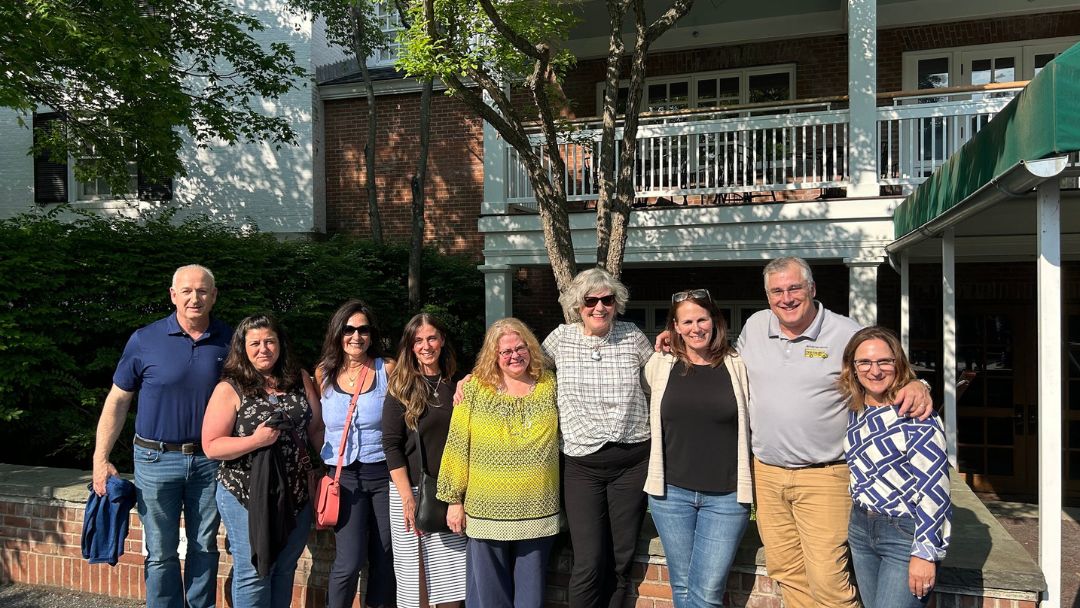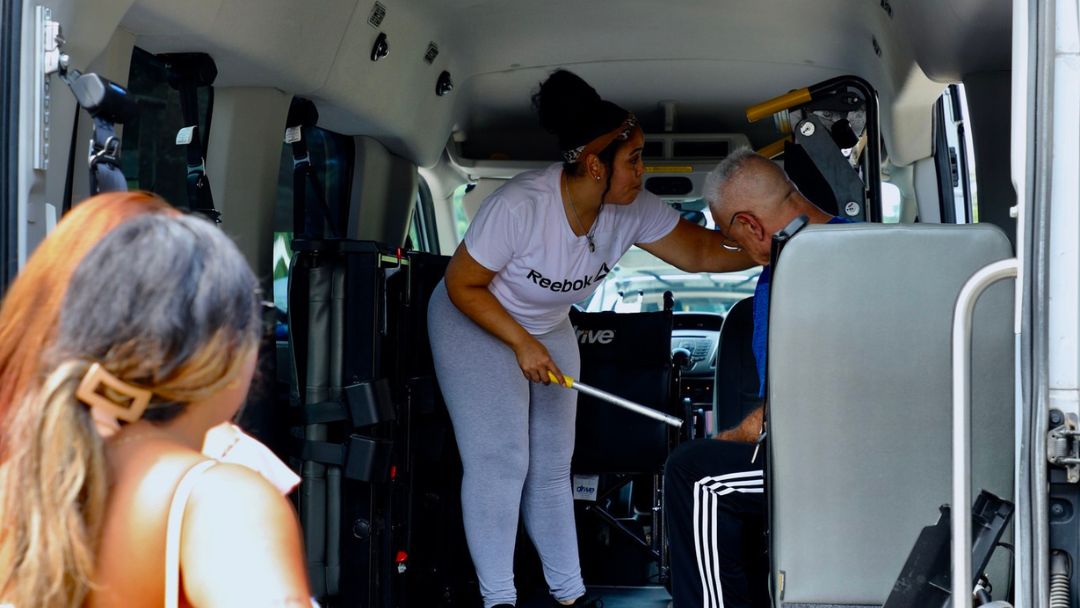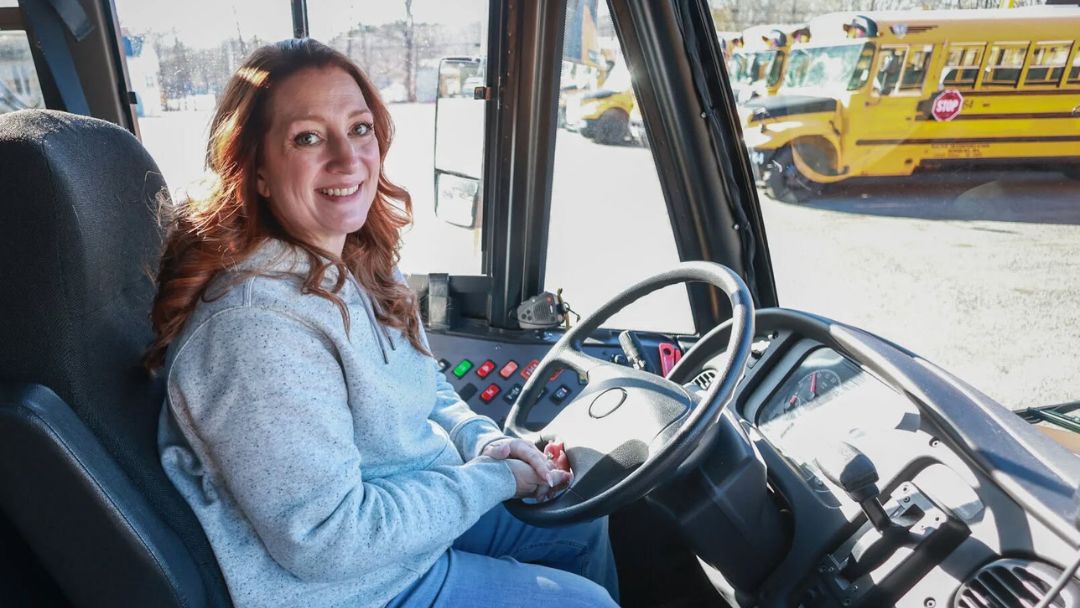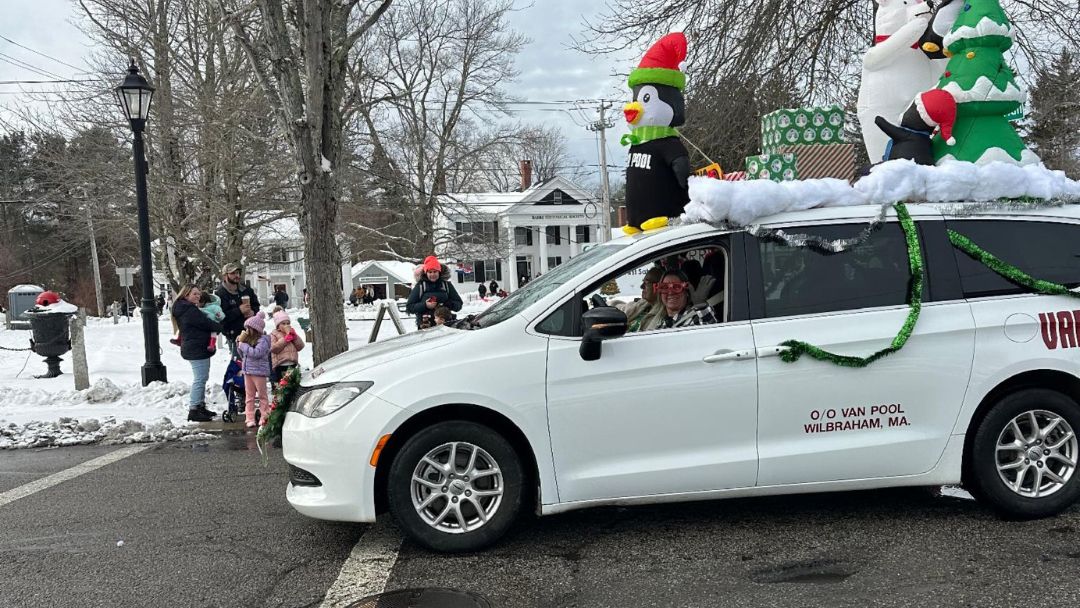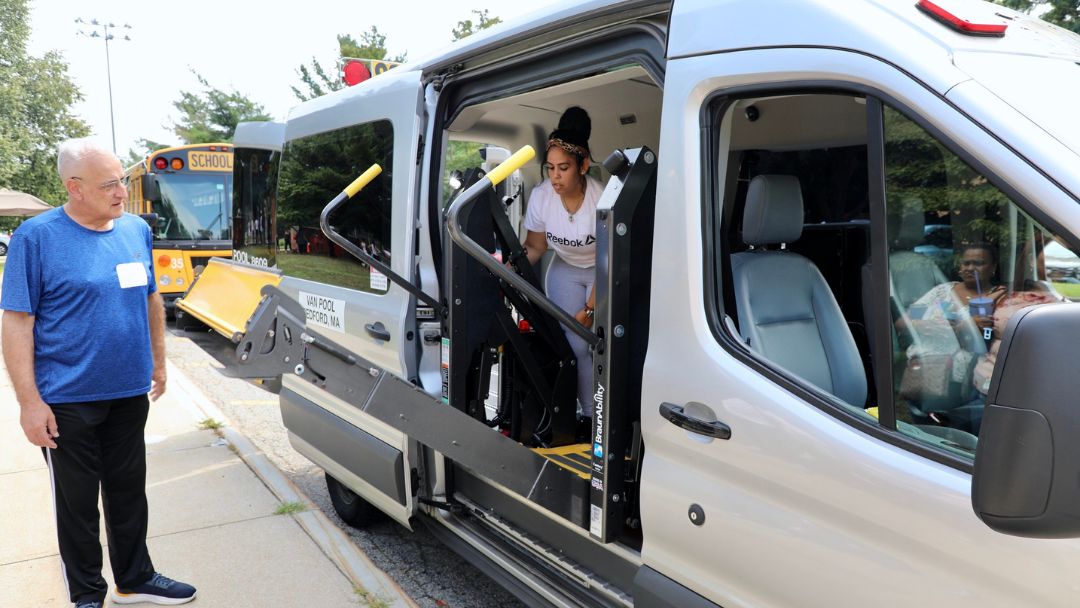Most older adults prefer to age in place, staying in their own homes rather than moving into long-term care. But with that choice comes a challenge: transportation. As mobility decreases, getting to medical appointments, errands, or social events can become a serious barrier — not just for seniors, but for the families who support them.
Today, over 3.6 million older adults in the U.S. face transportation difficulties. These issues lead to missed appointments, increased isolation, and added pressure on caregivers. In fact, around 78% of family caregivers report having to arrange or provide rides for their aging relatives.
This guide explores what families truly want from senior transportation services — and why addressing these needs means more than just having a ride show up on time.
What Families Value Most in Senior Transportation
When families choose a transportation provider for an aging parent or loved one, three things consistently rise to the top: safety, dignity, and communication.
Safety and Reliability
Safety is non-negotiable. Families want assurance that vehicles are well-maintained, drivers are qualified, and that seniors will be transported with care and consistency.
Key features that matter:
- Vehicles equipped with low steps, ramps, and handrails
- Properly functioning seat belts and securement for mobility devices
- Drivers trained in first aid and emergency response
- On-time arrivals and dependable scheduling, especially for medical appointments
For caregivers, knowing that a loved one’s ride will show up as planned — and that the vehicle and driver meet safety standards — provides peace of mind that’s hard to overstate.
Dignified, Compassionate Service
Families also care deeply about how their loved ones are treated during transportation. Seniors may move slower, need a steadier hand, or feel anxious in unfamiliar environments. Respectful, patient drivers who understand these nuances can make the entire experience more positive.
Door-to-door or door-through-door service is often essential — especially for those with mobility issues or cognitive challenges. Families want drivers who assist with walkers, carry small items, and ensure their loved ones get safely to and from their destinations.
Communication and Peace of Mind
Clear, consistent communication is essential for trust. Families appreciate services that:
- Offer updates or confirmations when a ride is booked or completed
- Provide ride status or arrival time estimates
- Are transparent about schedules, policies, and expectations
- Offer both digital and phone-based booking options
For long-distance caregivers in particular, even a simple confirmation that a loved one arrived safely can reduce daily anxiety.
Common Barriers with Traditional Transport
While the needs are clear, many traditional transportation options fall short of meeting them.
Physical Accessibility
Public transit often poses challenges for older adults. High steps, lack of elevators, long walks between transfers, and limited space for mobility aids can all discourage seniors from riding. These systems were not designed with aging bodies in mind.
Digital Booking Barriers
As transportation becomes more tech-based, many seniors find it harder to participate. Ride-booking apps often assume smartphone access and digital literacy — yet only around 60% of older adults use smartphones regularly. Rural seniors, in particular, may lack both internet access and comfort with new tech.
Unpredictability and Missed Appointments
Inflexible bus schedules and long wait times make it difficult for seniors to get to medical appointments on time. Delays can create added health risks, especially for those managing chronic conditions.
Limited Options in Rural Areas
Seniors living in rural communities are especially underserved. Public transit is rare, and even when available, it often doesn’t reach essential destinations like clinics, banks, or grocery stores. For millions of rural older adults, this lack of access can lead to isolation and missed care.
How Community-Based Transportation Bridges the Gap
Community-based senior transportation services are rising to meet these challenges. These programs are built around care, not just convenience — and they focus on supporting older adults in ways traditional systems often overlook.
Door-Through-Door Support
Beyond curbside pickup, some providers offer hands-on help getting from a senior’s front door to their seat in the vehicle — and escorting them all the way to their destination. This level of service is especially important for:
- Seniors with balance issues or mobility devices
- Those who need help carrying medical equipment or groceries
- Individuals who feel safer with personal assistance throughout the ride
Trained Drivers Who Understand Seniors
Community-based drivers are often trained in elder care, CPR, first aid, and how to work with passengers with disabilities or cognitive impairments. They’re not just drivers — they’re support professionals who understand aging.
Flexible, Human-Centered Scheduling
Rather than forcing seniors to fit into fixed timetables, many programs allow flexible booking options. Some offer same-day rides; others accommodate recurring medical appointments. This flexibility can make all the difference for families juggling complex schedules.
Volunteer and Dial-a-Ride Options
In areas with fewer resources, volunteer-based services and dial-a-ride programs help fill the gap. These programs offer personalized rides and are often supported by community funding, making them more accessible for low-income seniors.
The Bigger Picture: Emotional Relief for Families
Senior transportation services don’t just help the riders — they help their families too.
Peace of Mind
Knowing a loved one is traveling safely and respectfully brings relief, especially for caregivers managing work or living at a distance.
Reduced Caregiver Burden
Reliable transportation support means caregivers don’t have to shoulder the full responsibility. This creates space for them to rest, work, and focus on other aspects of care.
Improved Senior Wellbeing
When seniors can reliably get to appointments, attend events, and stay socially engaged, their mental and emotional health improves. Transportation isn’t just about movement — it’s about maintaining purpose, connection, and joy.
Need Transportation for a Group or Community Event?
Vanpool offers charter services for senior centers, residential communities, healthcare providers, and other organizations that need reliable group transportation. Whether it’s for recurring medical appointments, social outings, or special events, our charter service ensures riders get where they need to go — safely, comfortably, and on time.
To submit a request, visit our Charter Service Request page.
Final Thoughts
Families want the same things from senior transportation that they want from any other care service: safety, dignity, reliability, and peace of mind. While traditional transit options often fall short, community-based and senior-focused transportation providers are stepping in to deliver the care and support older adults and their families truly need.
Choosing the right transportation option is more than a logistical decision. It’s an investment in independence, health, and family peace. Ask questions, look for providers who offer more than curbside pickup, and don’t settle for anything less than care that treats your loved one with the respect they deserve.


